Extracto de Sintaxis Ilegal, poesías de Iván Argüelles en inglés y español |
| Rafael Jesús González es Poeta Laureado de la Ciudad de Berkeley, California/is Poet Laureate of Berkeley, California. Por décadas, ha sido un activista pro la paz y justicia usando la palabra como una espada de la verdad. For decades, he has been an activist for peace and justice, wielding the word like a sword of truth. © Rafael Jesús González 2019. |
Archives
July 2024
April 2024
February 2024
July 2023
June 2023
May 2023
March 2023
February 2023
January 2023
November 2022
October 2022
September 2022
August 2022
May 2022
April 2022
March 2022
February 2022
January 2022
November 2021
October 2021
September 2021
August 2021
July 2021
June 2021
May 2021
March 2021
January 2021
December 2020
November 2020
October 2020
September 2020
August 2020
July 2020
June 2020
May 2020
April 2020
March 2020
February 2020
January 2020
November 2019
October 2019
September 2019
August 2019
July 2019
June 2019
May 2019
April 2019
March 2019
February 2019
January 2019
November 2018
September 2018
August 2018
July 2018
May 2018
April 2018
March 2018
February 2018
March 2017
January 2017
May 2016
February 2010
Categories
All
Archive
Argentina
Bilingüe
Book
Book Excerpt
Book Review
Boricua
California
Caribbean
Central American
Cesar Chavez
Chicano
Chicano/a/x
Chumash
Chupacabra
Círculo
Colombiana
Colombian American
Colonialism
Cuban American
Culture
Current Events
Death
Debut
Dia De Los Muertos
Diaspora
Dominican American
Dreams
East Harlem
Ecology / Environment
El Salvador
Emerging Writer
English
Excerpt
Family
Farmworker Rights / Agricultural Work / Labor Rights Issues
Flashback
Floricanto
Food
History
Identity
Immigration
Imperialism
Indigenous
Indigenous / American Indian / Native American / First Nations / First People
Interview
Language
Latin America
Love
Mature
Memoir
Memory
Mestizaje
Mexican American
Mexico
Nahuatl
Nicaraguan-diaspora
Nicaraguan-diaspora
Ofrenda
Patriarchy
Performance
Peruvian American
Poesia
Poesía
Poesía
Poet Laureate
Poetry
Prose Poetry
Puerto Rican Disapora
Puerto Rico
Racism
Review
Salvadoran
Social Justice
Southwest
Spanish
Spanish And English
Surrealism
Texas
Translation
Travel
Ulvalde
Visual Poetry
War
Women
Young-writers
Donate and Make Literature Happen
is published by the Somos En Escrito Literary Foundation,
a 501 (c) (3) non-profit, tax-exempt corporation. EIN 81-3162209


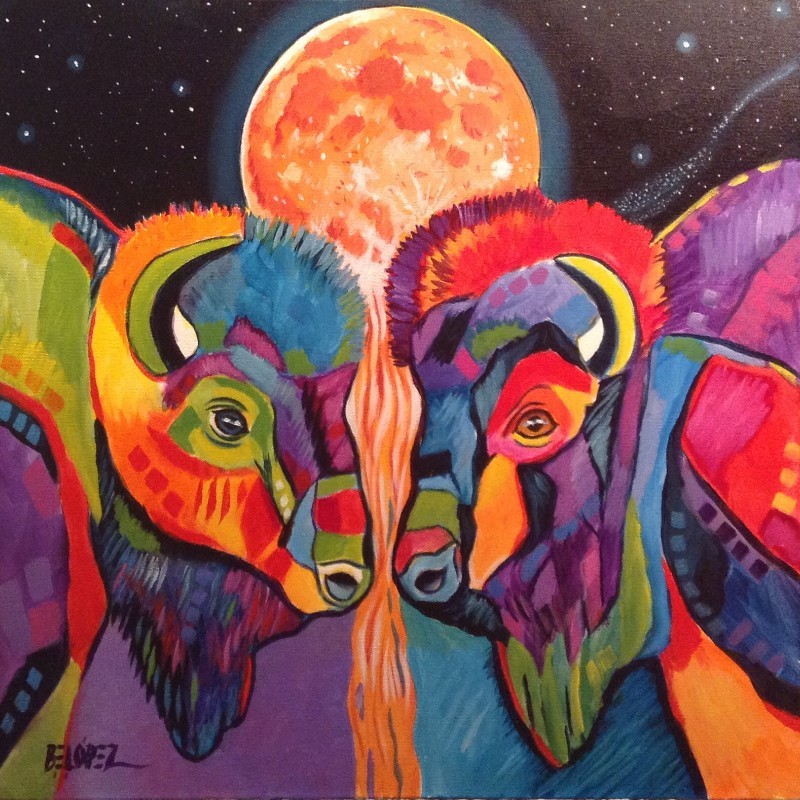
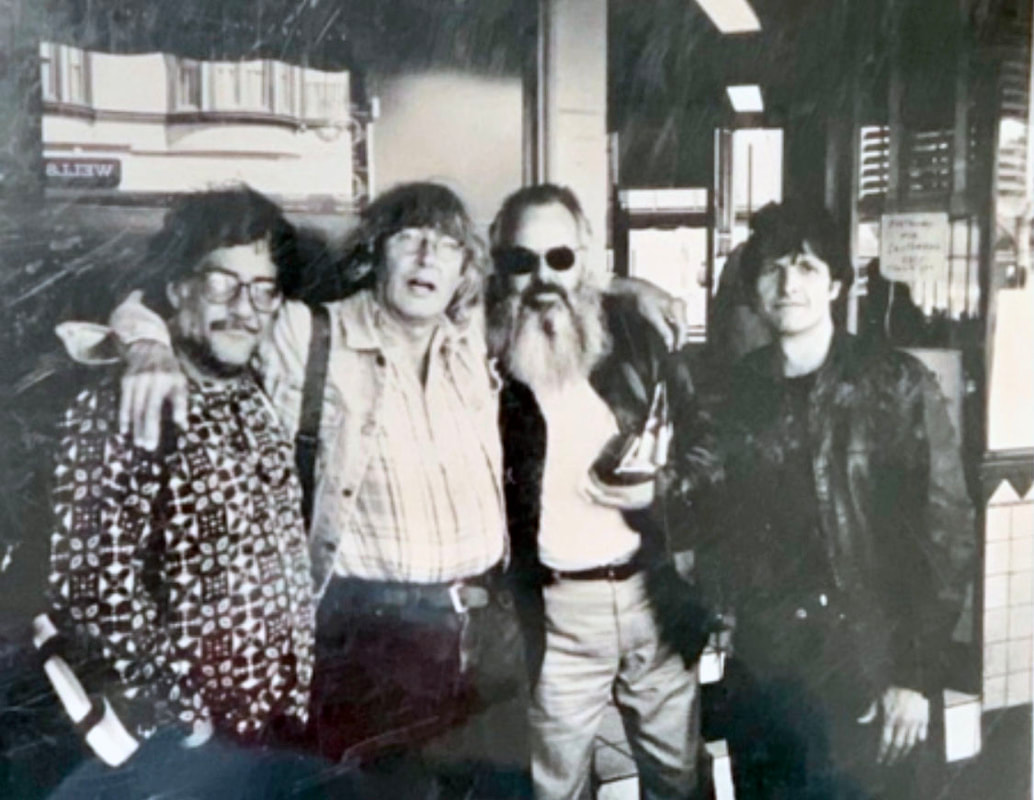
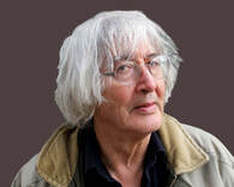
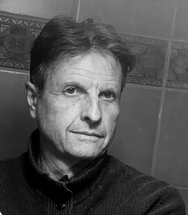
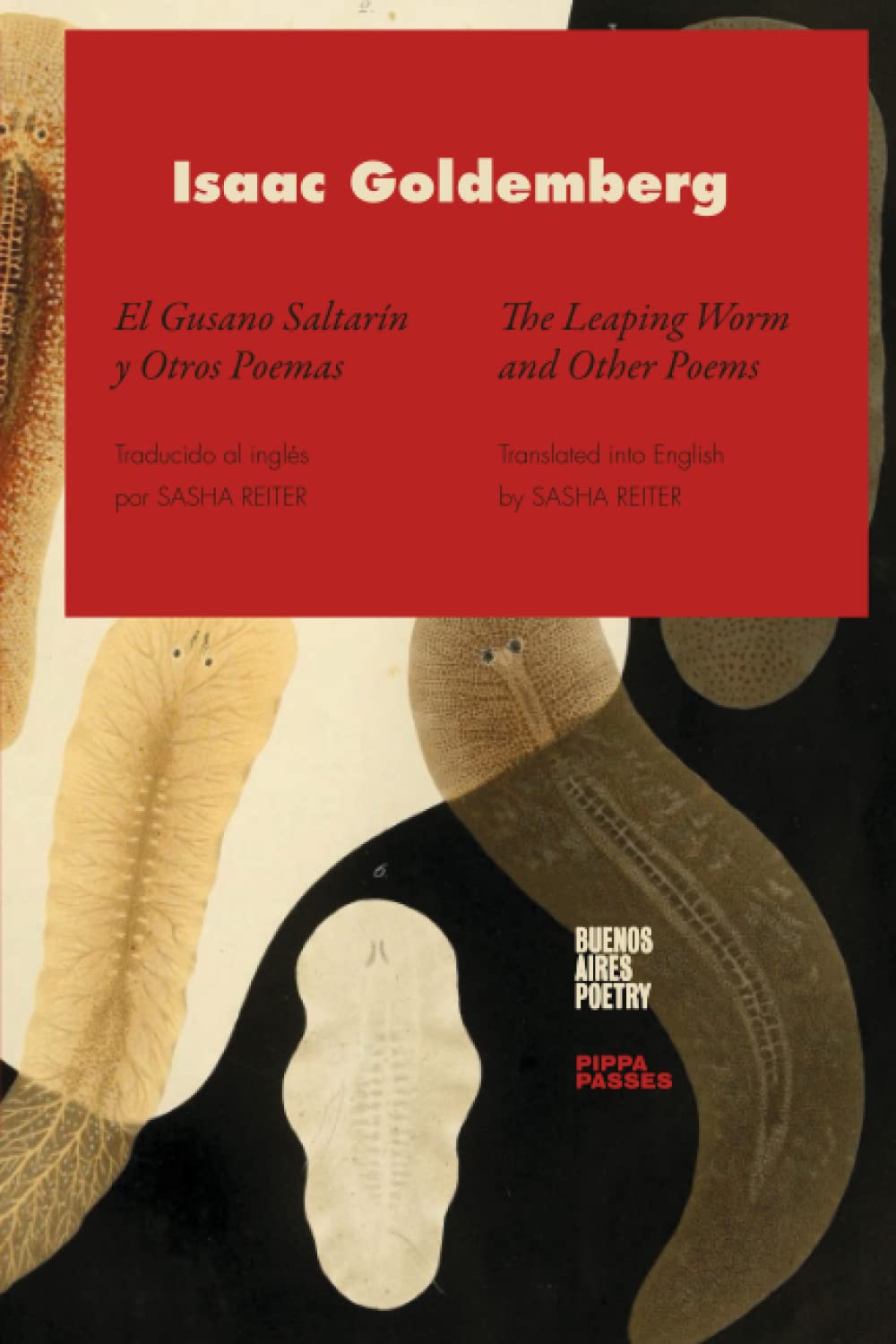
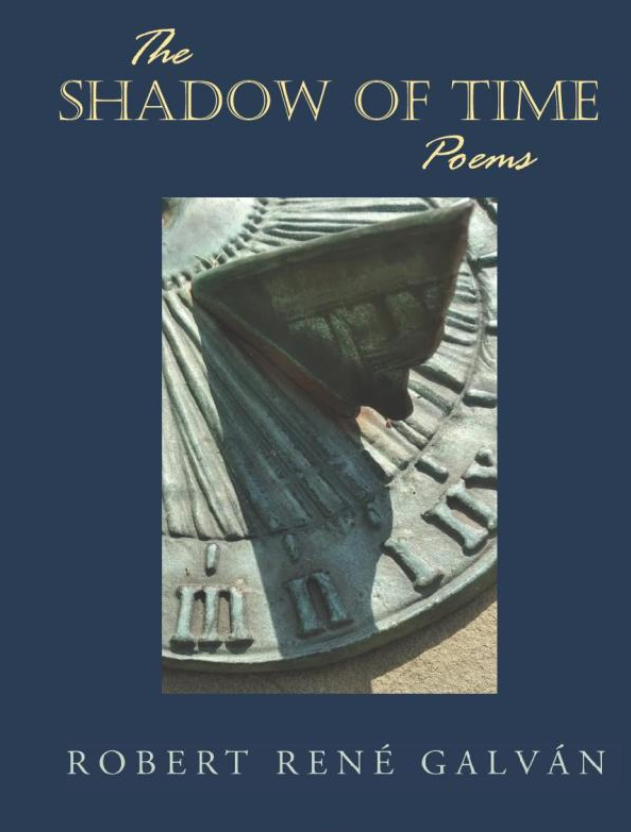
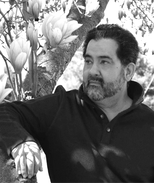
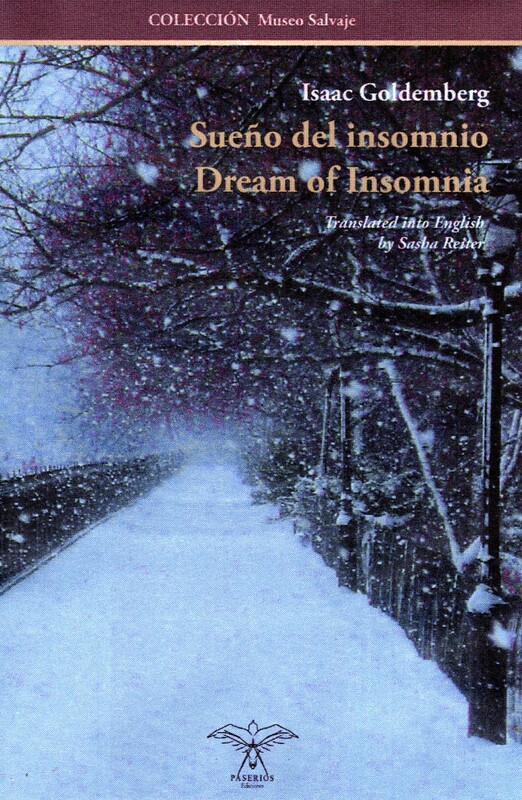
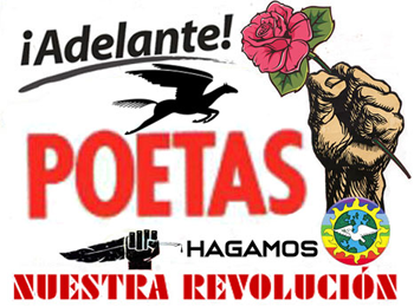

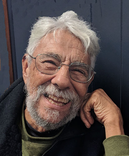
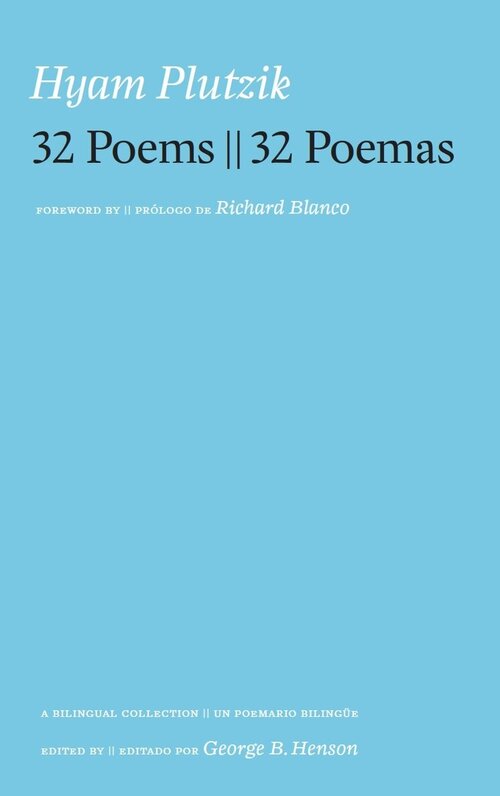
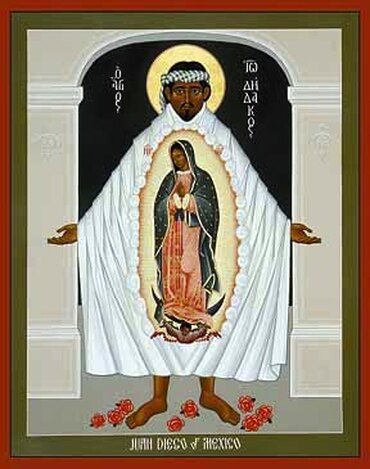
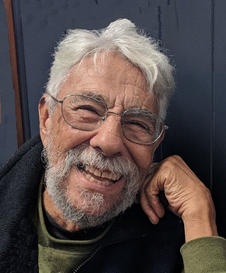

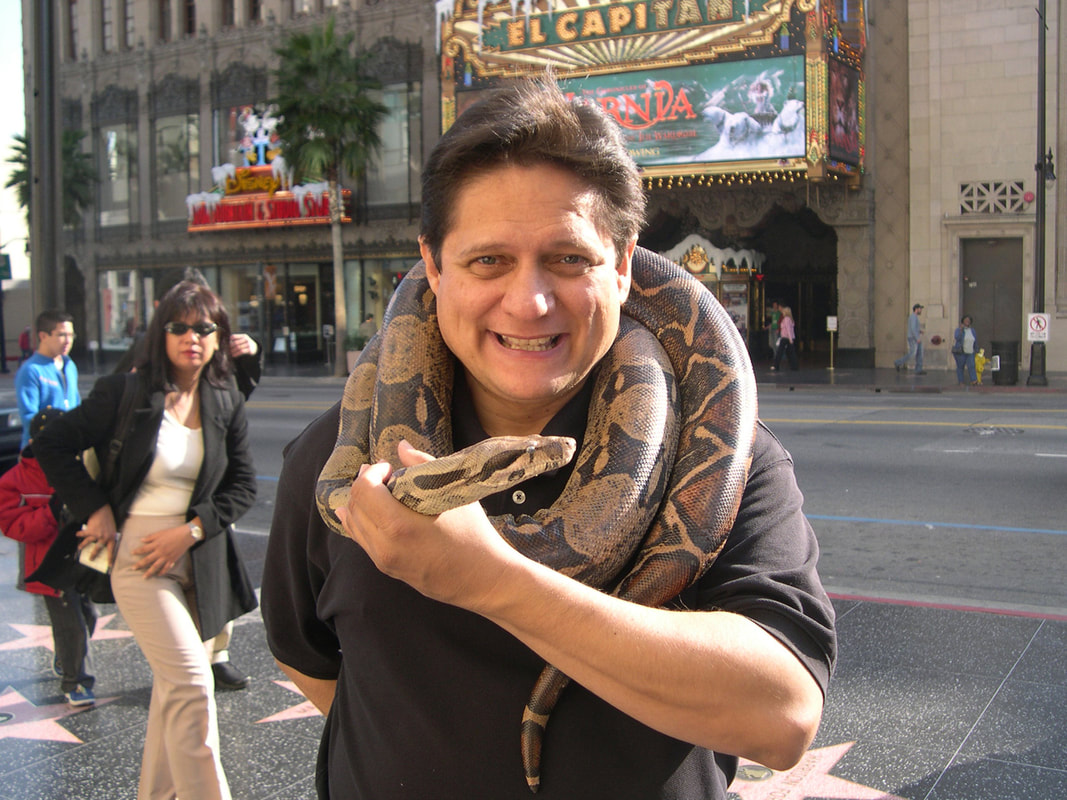
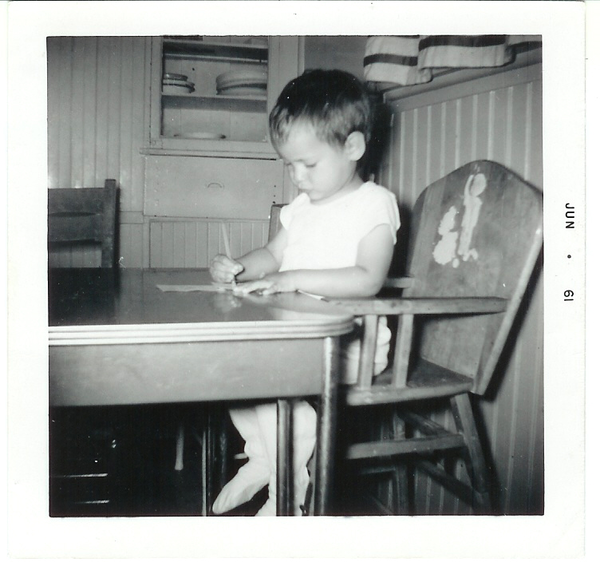

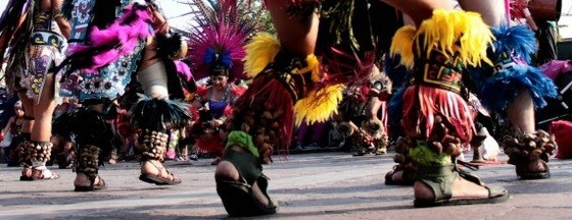

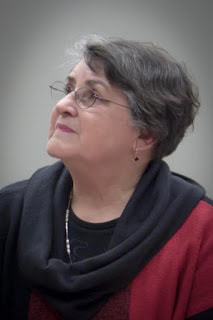

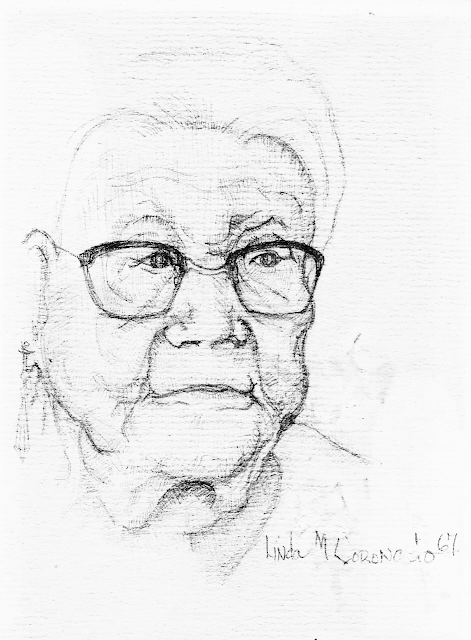
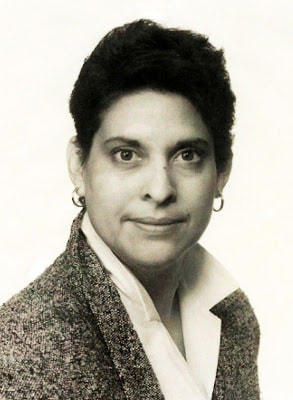
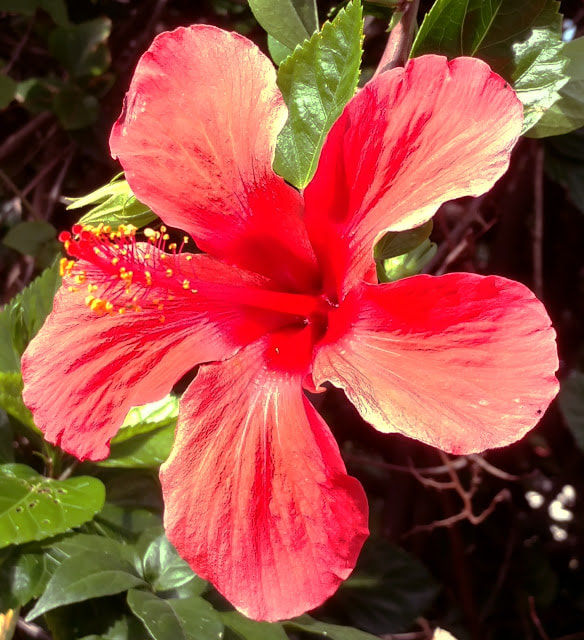
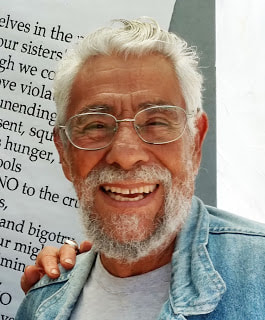
 RSS Feed
RSS Feed